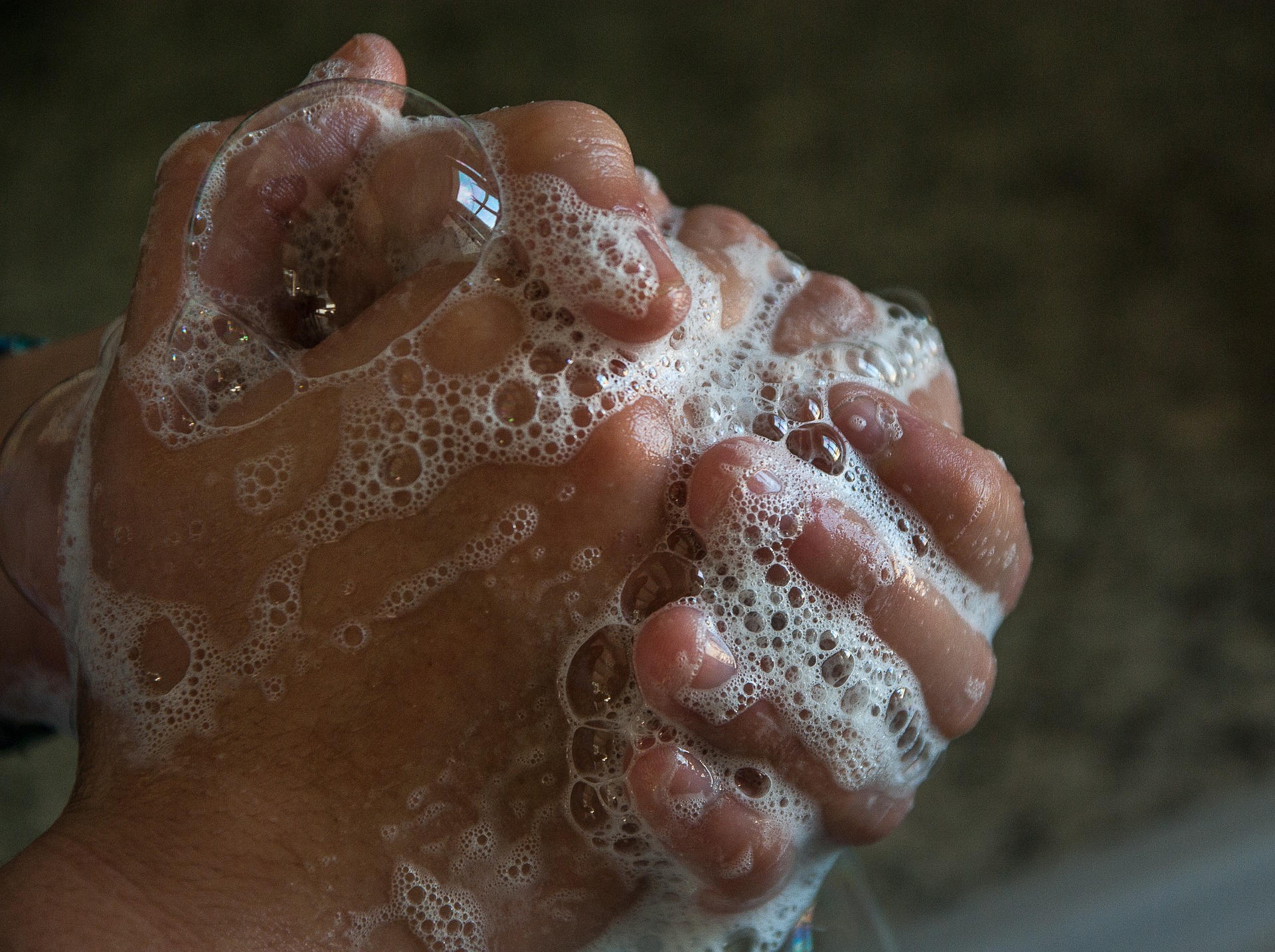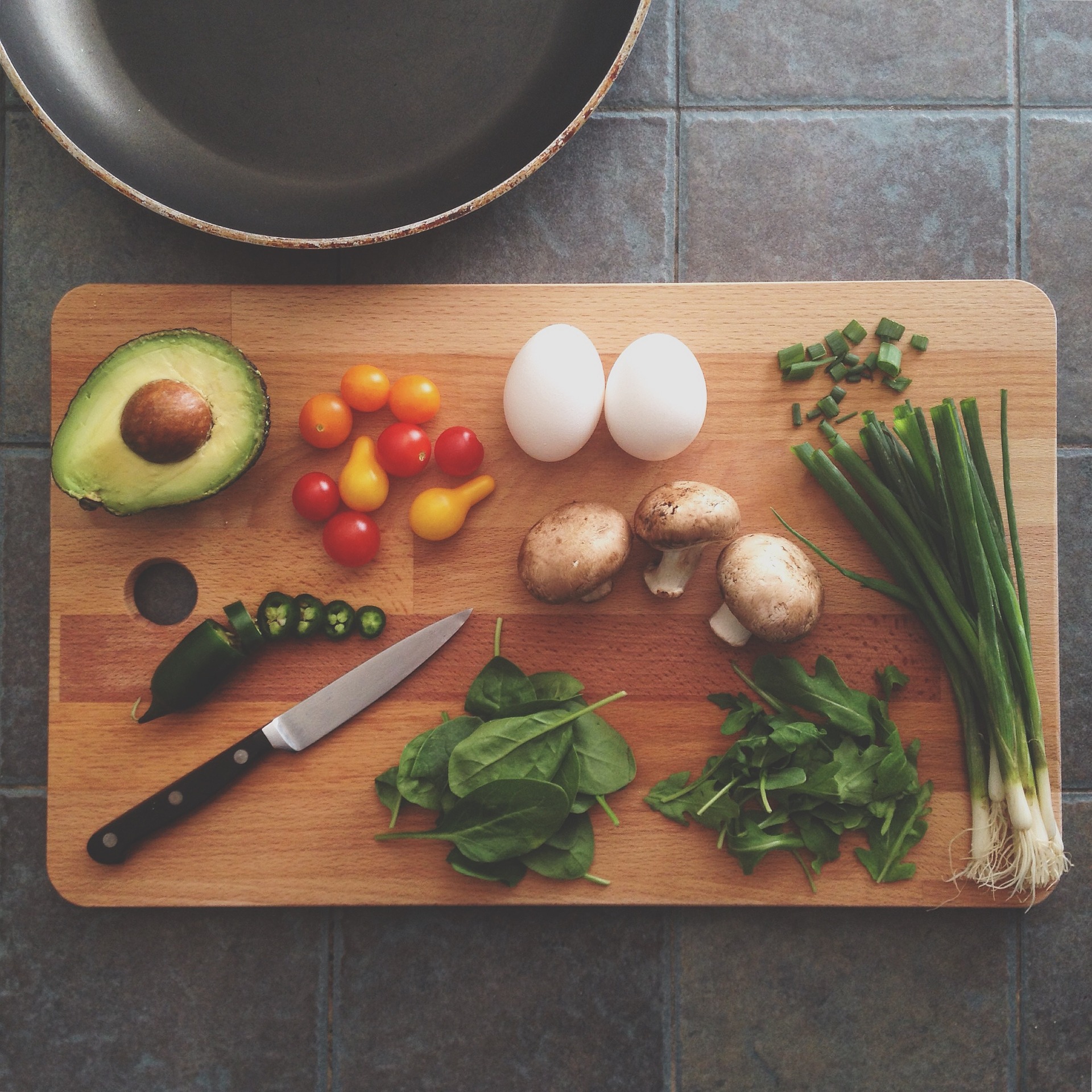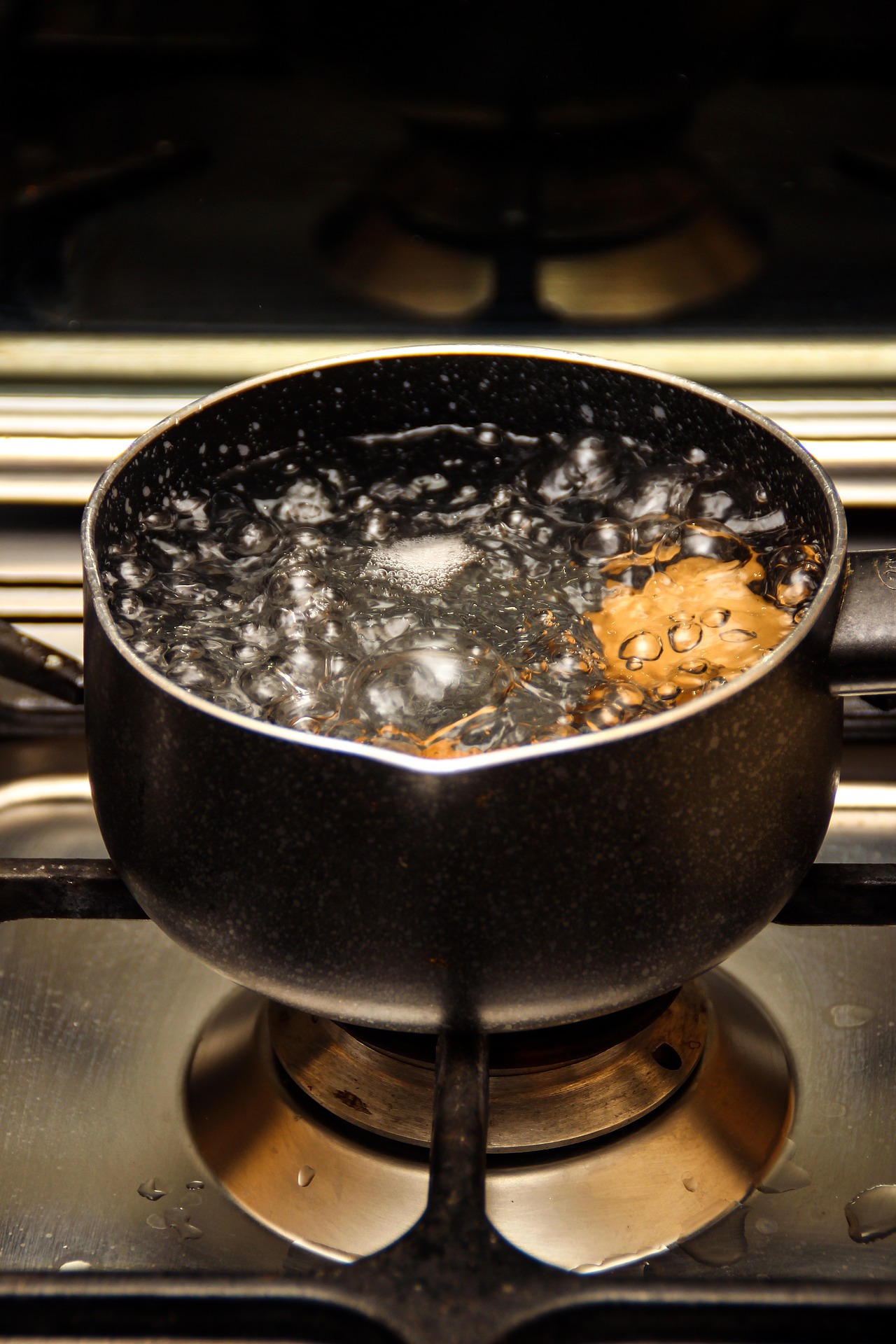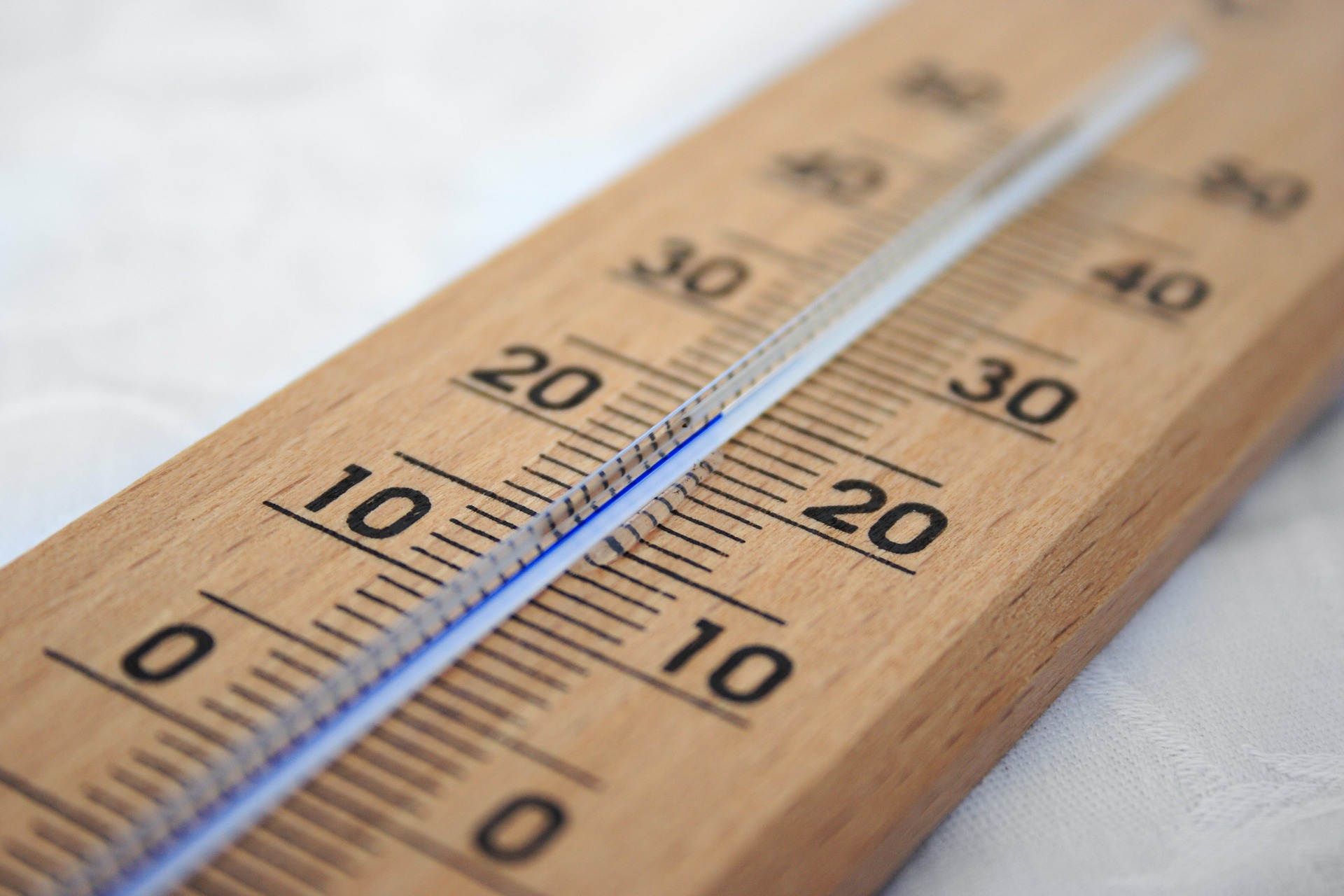The World Health Organization estimates that 2 million people die each year from contaminated food or drinking water. Food poisoning tends to be most severe in impoverished to low-income countries. Reasons include unclean or unsafe water supply, poor personal hygiene and subpar food production and storage conditions. Before leaving home consult your physician for advice on the various diseases to which you may be exposed at your destination, and the need for vaccinations or other preventive measures. Make sure you carry in your luggage Oral Rehydration Salts (ORS), and any other medicines you may require during your travel.
Prevention is better than cure, follow these food-safety tips to keep safe during your travels.

KEEP CLEAN




While most microorganisms do not cause disease, dangerous microorganisms are widely found in soil, water, animals and people. These microorganisms are carried on hands, wiping cloths and utensils, especially cutting boards and the slightest contact can transfer them to food and cause foodborne diseases.
SEPERATE RAW AND COOKED FOOD


handling raw foods

Raw food, especially meat, poultry and seafood, and their juices, can contain dangerous microorganisms which may be transferred onto other foods during
food preparation and storage.

COOK FOOD THOROUGHLY


70°C. For meat and poultry, make sure that juices are clear, not pink. Ideally, use a thermometer
Proper cooking kills almost all dangerous microorganisms. Studies have shown that
cooking food to a temperature of 70°C can help ensure it is safe for consumption. Foods that require special attention include minced meats, rolled roasts, large joints of meat and whole poultry.
KEEP FOOD AT SAFE TEMPERATURES






Cooked food held at room temperature for several hours constitutes another major risk for foodborne illness. Avoid these foods at buffets, markets, restaurants and street vendors if they are not kept hot or refrigerated/on ice. Microorganisms can multiply very quickly if food is stored at room temperature. By holding food refrigerated or on ice (at temperatures below 5°C) or piping hot (above 60°C) the growth of microorganisms is slowed down or stopped.

CHOOSE SAFE WATER AND FOOD

is doubtful, bring it to a vigorous boil. 

those with damaged skin

Ice cream, drinking water, ice cubes and raw milk can easily be contaminated with dangerous microorganisms or chemicals if they are made from contaminated ingredients. Toxic chemicals may be formed in damaged and mouldy foods. Care in selection of raw materials and simple measures such as washing and peeling may reduce the risk.


